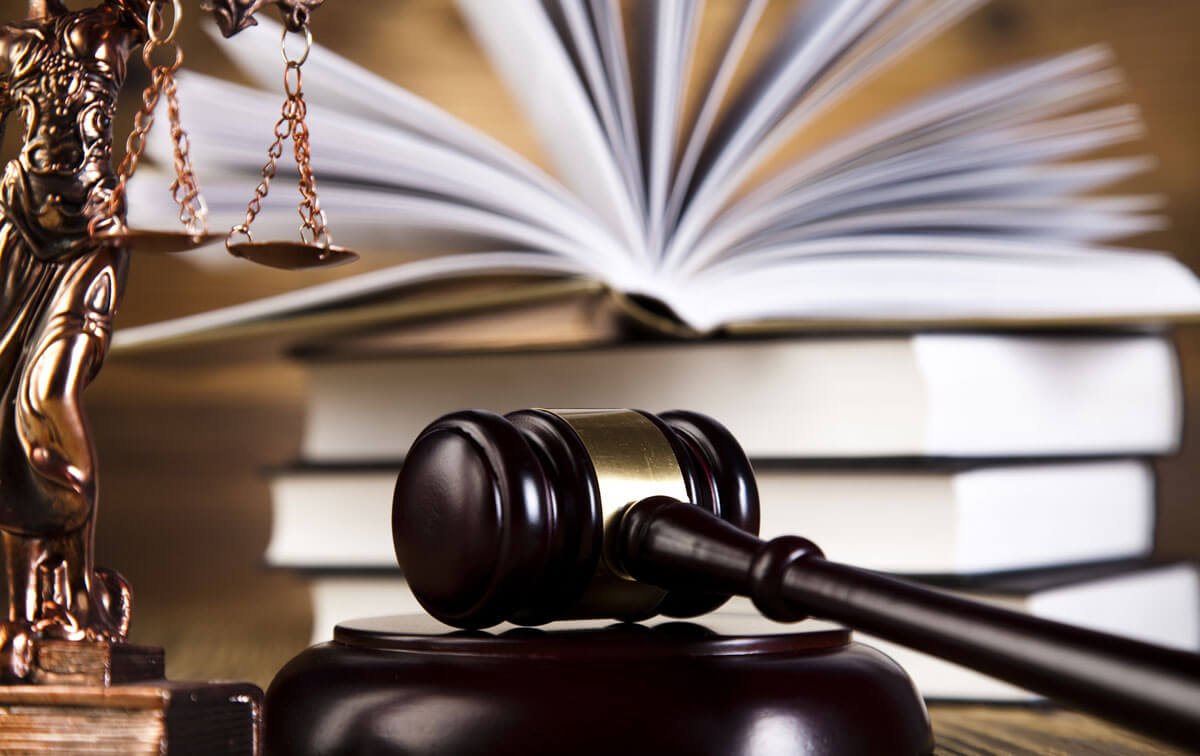Being a lawyer and working within the criminal justice system can be a difficult job. Lawyers are educated, hard-working, righteous individuals with a passion for the judiciary system. Practicing law can often be a thankless, under-appreciated job, but someone has to do it. We all need lawyers at some point of time in our lives. In the words of Joseph H. Choate: “You cannot live without the lawyers, and certainly you cannot die without them.”
A healthy attorney-client relationship is paramount when you’re involved in a legal dispute—and most clients who participate actively in resolving their legal problems are more satisfied with the results. If your legal problem is complex or involves lots of money, you might not want to attempt to handle the entire matter without a lawyer. After all, lawyers do more than dispense legal information. They offer strategic advice and apply sophisticated technical skills to legal problems. Ideally, you’ll be able to find a lawyer who's willing to serve as your legal “coach” to help you educate yourself to the maximum extent possible and to take over as your formal legal counsel only if necessary.
But do you know how to hire a lawyer? What are the qualities to look for in a lawyer
Hiring a lawyer may be intimidating, especially if you need help with anything complex like starting a business, dealing with a car accident, or creating a will etc. Knowing what to expect before hiring a lawyer might help make the process go more smoothly. In addition, many attorneys focus on specific areas of law, such as family law, estate planning, personal injury, contracts, criminal impediments and civil rights. Therefore, it is a critical job to search a lawyer with experience in the legal field in which one need assistance.
While searching a lawyer, extensive research and market study shall be made. Once one has narrowed down his alternatives, schedule time to speak with several lawyers before deciding who will represent you.
The qualities to look at while searching a lawyer may include:
• Good communication skills: Lawyers must be orally articulate, have good written communication skills and also be good listeners. In order to argue convincingly in the courtroom before juries and judges, good public speaking skills are essential. Communication and speaking skills can be developed during your studies by taking part in activities such as mooting or general public speaking. Lawyers must also be able to write clearly, persuasively and concisely, as they must produce a variety of legal documents.
But it’s not all about projection. To be able to analyse what clients tell them or follow a complex testimony, a lawyer must have good listening skills.
• Judgement: The ability to draw reasonable, logical conclusions or assumptions from limited information is essential as a lawyer. You must also be able to consider these judgements critically, so that you can anticipate potential areas of weakness in your argument that must be fortified against.Similarly, you must be able to spot points of weakness in an oppositions argument. Decisiveness is also a part of judgement. There will be a lot of important judgement calls to make and little time for sitting on the fence.
• Analytical skills: Both the study and practice of law involve absorbing large quantities of information, then having to distil it into something manageable and logical. At times, there will be more than one reasonable conclusion, or more than one precedent applicable to resolving a situation. A lawyer must therefore have the evaluative skills in order to choose which is the most suitable.
• Research skills: Similarly, being able to research quickly and effectively is essential to understanding your clients, their needs, and to preparing legal strategies. Preparing legal strategies requires absorbing and comprehending large amounts of information, then distilling them down into something manageable and useful.
• People skills: Law is not an abstract practice. Irrelevant of how well someone does academically, at the end of the day lawyers work with people, on behalf of people, and the decisions that are made affect people’s lives. They must be personable, persuasive and able to read others. This allows them to gauge juror’s reactions and the honesty of witnesses. This allows them to decide upon the best approach to take in order to achieve the desired outcome: either clients taking their advice or reaching a favourable negotiation with the opposition.
• Perseverance: “Perseverance is not a long race; it is many short races one after the other.” Even studying to become a lawyer takes a great deal of perseverance and commitment – and that’s before you even start work. Typically, a lawyer will do an undergraduate law degree, an LPC, and then a training contract before qualifying. Most will also complete a vacation scheme or some other kind of work experience. When working on a case, you must have the perseverance to complete the work necessary to drive it to a successful finish.
• Creativity: The very top lawyers are not only logical and analytical, but they display a great deal of creativity in their problem-solving. The best solution is not always the most obvious and in order to outmanoeuvre your challenger it is often necessary to think outside the box.
There are two professionals every business will need early on: an accountant and a lawyer. The reasons for hiring an accountant are pretty obvious--you need someone to help you set up your “chart of accounts”, review your numbers periodically, and prepare all of your necessary federal, state and local tax returns. The reason for hiring a business attorney may not, however, be so apparent. A good business attorney will provide vital assistance in almost every aspect of your business, from basic zoning compliance and copyright and trademark advice to formal business incorporation and lawsuits and liability.
